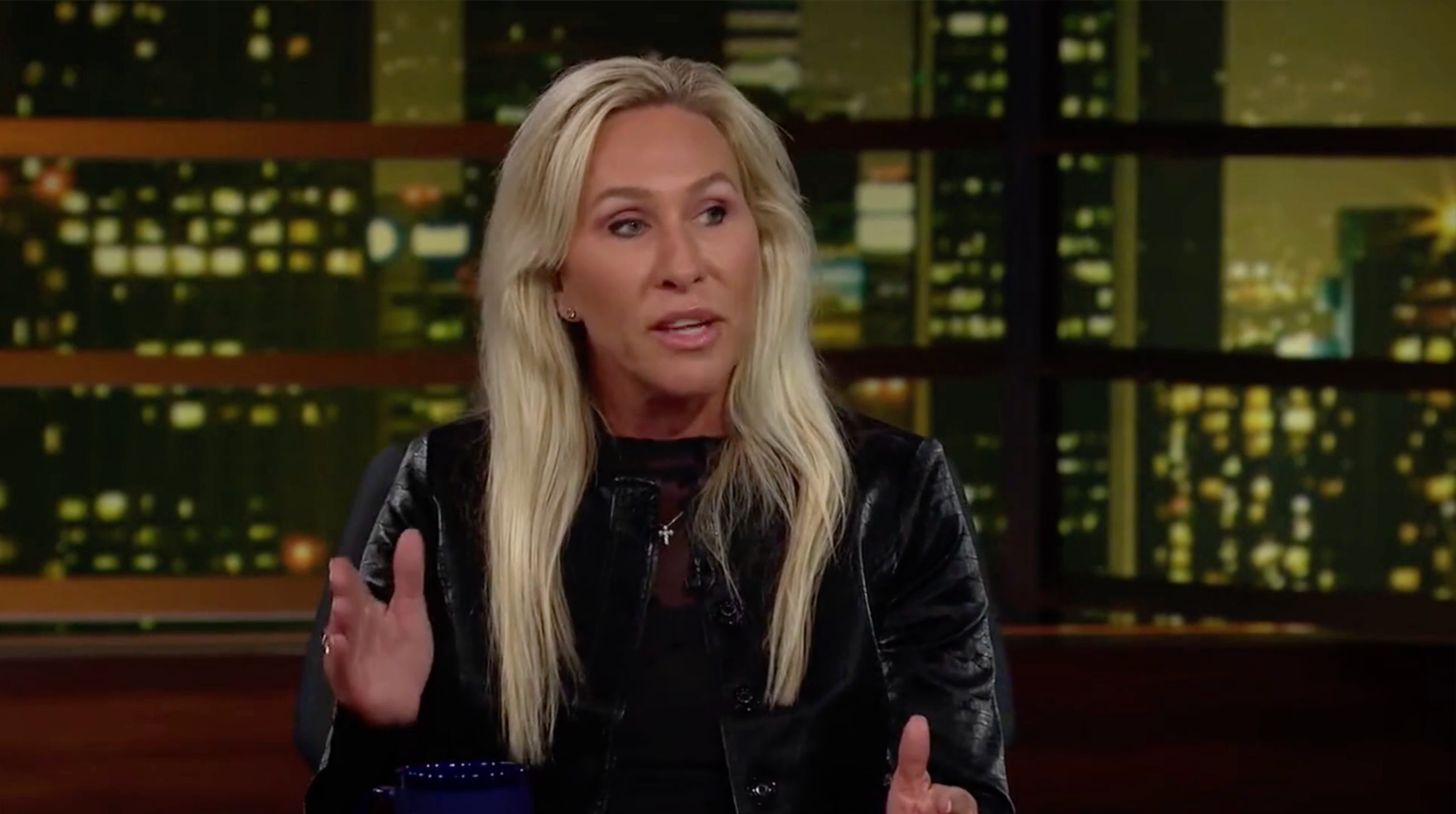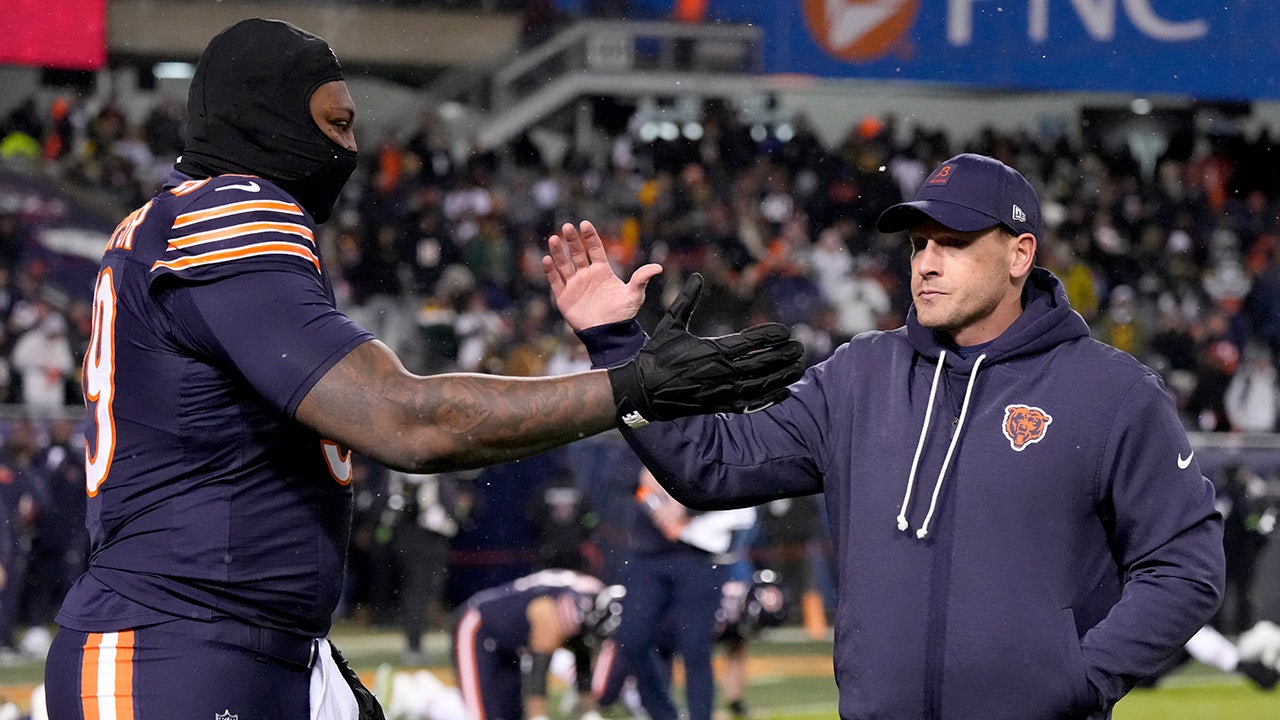Former President Barack Obama this week called for new government regulations on social media platforms, arguing that the federal government should play a role in determining how online platforms handle political and journalistic content.
The comments, delivered during a recent forum on media and technology, come as lawmakers move to address concerns about federal involvement in information control.
“Part of what we’re going to have to do is to start experimenting with new forms of journalism and how we use social media in ways that reaffirm facts and separate facts from opinion,” Obama said.
“We want diversity of opinion. We don’t want diversity of facts. That, I think, is one of the big tasks of social media. By the way, it will require some government, I believe, some government, um, regulatory constraints around some of these business models in a way that’s consistent with the First Amendment but that also says, look, uh, there is a difference between, uh, these platforms letting all voices be heard versus a business model that elevates the most hateful voices or the most polarizing voices or the most, uh, dangerous, in the sense of inciting violence, voices.”
Barack Obama says the quiet part out loud — it’s time to “experiment” with “new forms of journalism” with “government regulatory constraints.”
“Part of what we’re going to have to do is to start experimenting with new forms of journalism and how we use social media in ways that… pic.twitter.com/Rp7TENsqmE
— Vigilant Fox 🦊 (@VigilantFox) October 29, 2025
Obama’s comments reignited debate over how far the government should go in overseeing online speech and the role of social media companies in determining what constitutes misinformation.
This Could Be the Most Important Video Gun Owners Watch All Year
His remarks drew particular attention from critics who argued that such regulatory “constraints” could enable federal involvement in suppressing dissenting opinions or politically inconvenient narratives.
The former president’s position also renewed scrutiny of a controversial law he signed in 2012 — the Smith-Mundt Modernization Act — which removed a decades-old restriction preventing the federal government from distributing propaganda domestically.
Originally enacted in 1948, the Smith-Mundt Act prohibited U.S. agencies such as the Voice of America from broadcasting government-funded messaging intended for foreign audiences inside the United States.
The 2012 revision, included in the National Defense Authorization Act for Fiscal Year 2013, effectively lifted that restriction.
The issue resurfaced this month when Rep. Thomas Massie (R-Ky.) introduced new legislation aimed at repealing the Smith-Mundt Modernization Act.
Massie said his proposal, formally titled HR 5704 — the Repeal the Smith-Mundt Modernization Act of 2013, would restore the original prohibition on domestic dissemination of federally funded propaganda.
“Today, Representative Thomas Massie (R-KY) introduced HR 5704, the Repeal the Smith-Mundt Modernization Act of 2013, to protect American audiences from the domestic dissemination of federally funded propaganda by the State Department, the United States Agency for Global Media (USAGM), and their component networks,” Massie’s office said in a press release.
“The 2013 National Defense Authorization Act (NDAA) included the Smith-Mundt Modernization Act, legislation that ended a prohibition on the federal government exposing American audiences to its propaganda.”
The proposed repeal would, according to Massie’s office, “restore the longstanding firewall prohibiting federal domestic propaganda,” and “stop the domestic dissemination of propaganda by the State Department, United States Agency for Global Media, and their component networks.”
The bill also includes provisions designed to ensure congressional oversight while maintaining transparency for legitimate foreign communication efforts.
It would “create a secure mechanism for oversight by allowing Members of Congress and accredited media to review propaganda materials sent overseas, without enabling those materials to be exploited against the American people.”
Additional measures in the proposal would “prevent clandestine online influence operations by prohibiting the State Department and USAGM from creating covert social media accounts, websites, or podcasts to target Americans.”
It also requires that propaganda materials be archived at the National Archives with a 20-year delay before public access, along with clear disclaimers identifying the U.S. government as the source.
Obama’s renewed call for regulation has added momentum to a larger debate over the intersection of free speech, government oversight, and media control in the digital age.
His comments drew reactions from lawmakers, journalists, and policy analysts who say that calls to regulate social media often blur the line between curbing harmful content and policing political discourse.
The timing of Obama’s remarks — coinciding with the introduction of Massie’s repeal bill — highlights the growing divide in Washington over how far the federal government should go in managing information flow, both online and through traditional media.
While the administration has not signaled support or opposition to Massie’s bill, the debate over free expression and government influence on public communication continues to escalate as lawmakers weigh new legislative responses.
Read the full article here


![Obama Caught on Camera Pushing Government Control of ‘Facts’ on Social Media [WATCH] Obama Caught on Camera Pushing Government Control of ‘Facts’ on Social Media [WATCH]](https://www.lifezette.com/wp-content/uploads/2025/07/2025.07.29-01.34-lifezette-6888cdf4f103e.jpg)




![Ghost Daycares Raking in BILLIONS While Your Taxes Vanish [WATCH] Ghost Daycares Raking in BILLIONS While Your Taxes Vanish [WATCH]](https://www.rvmnews.com/wp-content/uploads/2026/01/2026.01.11-10.00-rvmnews-696374d431286.jpg)


![ICE Agent’s Family in Danger Because Libs Can’t Accept ‘FAFO’ Consequences: Tom Homan [WATCH] ICE Agent’s Family in Danger Because Libs Can’t Accept ‘FAFO’ Consequences: Tom Homan [WATCH]](https://www.lifezette.com/wp-content/uploads/2025/09/2025.09.08-11.03-lifezette-68beb7f4a410d.jpg)

